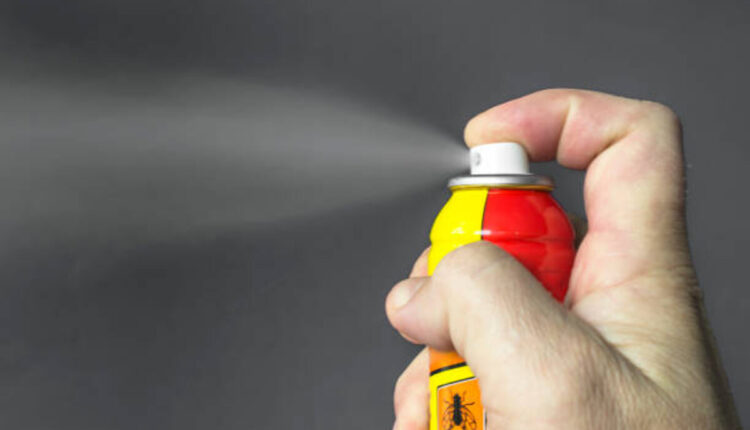Selecting the appropriate repellent spray is essential for maintaining your horse’s comfort and shielding them from irritating flies. With numerous options available on the market, it’s necessary to understand what factors to consider to make an informed decision. A fly repellent spray plays a vital role in preventing irritation and potential health issues caused by fly bites, making them a valuable addition to your horse care routine.
Understanding Fly Repellent Sprays
They are designed to deter flies and other insects from bothering horses. They typically contain active ingredients that repel insects, such as essential oils or synthetic chemicals like permethrin.
Types of Fly Repellent Sprays
Two primary categories exist: chemical-based and natural. Chemical-based solutions frequently contain synthetic compounds that effectively deter flies but may induce potential side effects like skin irritation or allergic reactions in particular horses. On the other hand, natural formulations utilize plant-based ingredients, which can be safer for both horses and the environment, offering adequate protection without harsh chemicals. Opting for natural sprays benefits your horse’s health and minimizes environmental impact, making them a preferred choice for many conscientious horse owners.
Factors to Consider
When choosing these sprays for your horse, several factors should be taken into account:
1. Ingredients: Look for formulations with ingredients known to effectively repel flies, such as citronella, eucalyptus, or pyrethrins. These natural compounds have been proven to deter flies while being gentle on your horse’s skin.
2. Effectiveness: Consider the effectiveness of repelling flies and how long it lasts before reapplication is needed. Opt for formulations with long-lasting formulas that provide continuous protection against flies.
3. Safety: Ensure they are safe for your horse’s skin and health, especially if it has sensitive skin or respiratory issues. Choose dermatologist-tested formulations that are free from harsh chemicals that could irritate your horse’s skin.
4. Application: Evaluate the ease of application and whether the product comes in convenient packaging, such as a spray bottle or aerosol can. Look for formulations with ergonomic designs that make application quick and hassle-free.
5. Residue: Check if the formulations leave behind a sticky residue or unpleasant odor on your horse’s coat. Opt for formulations that dry quickly and leave your horse’s coat feeling smooth and refreshed without any residue.
6. Environmental Impact: Consider the environmental impact, mainly if you use it outdoors. Choose eco-friendly formulations that use sustainable ingredients and packaging, minimizing environmental harm while effectively repelling flies.
Choosing the Right Spray
To choose the right one for your horse:
1. Start by reading product labels and researching different brands.
2. Look for formulations that prioritize safety, effectiveness, and environmental sustainability.
3. Consider seeking advice from your veterinarian for customized recommendations that meet your horse’s requirements.
Tips for Application
Once you’ve chosen a repellent spray, follow these tips for proper application:
1. Review the instructions thoroughly: Ensure you read and adhere to the manufacturer’s guidelines for application.
2. Patch Testing: Prior to administering the repellent across your horse’s entire body, perform a patch test on a small skin area to evaluate for potential adverse reactions.
3. Apply Evenly: Spray the repellent evenly over your horse’s coat, particularly to areas prone to fly bites, such as the legs, mane, and tail.
4. Avoid Sensitive Areas: Avoid spraying the repellent near your horse’s eyes, nose, or mouth, and be cautious around open wounds or irritated skin.
5. Reapply as Needed: Monitor your horse for signs of fly irritation and reapply the repellent as needed, following the manufacturer’s recommendations.
Choosing the right fly-repellent spray for your horse is essential for keeping them comfortable and protected from pesky flies. By considering factors such as ingredients, effectiveness, safety, and environmental impact, you can make wise decisions and ensure your horse stays happy and fly-free. Always follow the manufacturer’s instructions for proper application and consult with your veterinarian if you have any concerns.
Read also: The Role of Telehealth in Transforming Urgent Care Services

